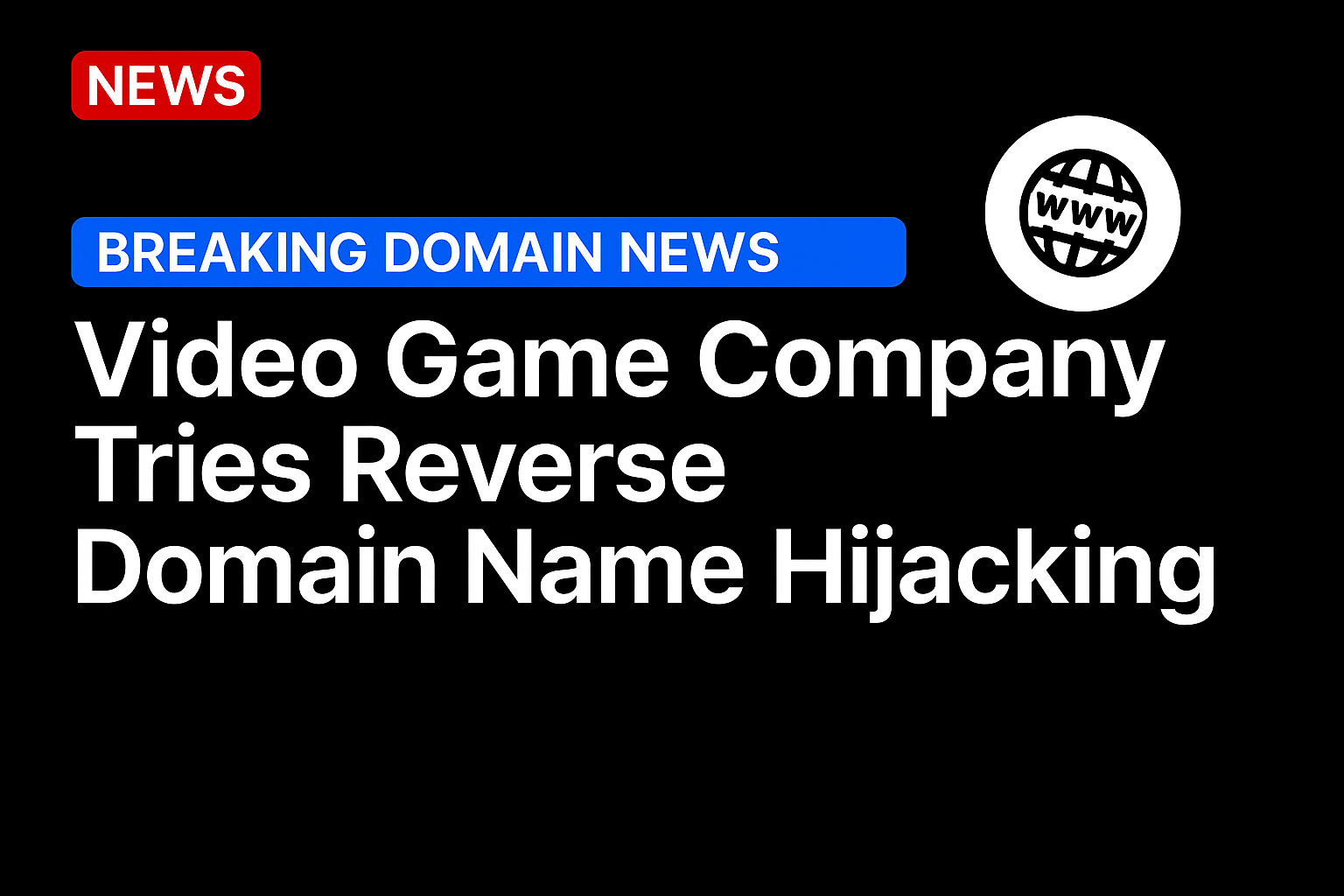Company went after singular version of descriptive domain name it owns.

Online art marketplace and print-on-demand company Pixels.com, LLC, has been found guilty of reverse domain name hijacking.
The company, which owns the domain metalposters.com (plural), filed a cybersquatting dispute against the domain metalposter.com (singular).
You don’t have to be in the art business to immediately wonder if metal poster is a descriptive term, not a trademark. The Complainant’s website seems to use the term in its descriptive sense, with the headlines “Shop for metal posters” and “Create your own metal posters”.
Panelist Neil Anthony Brown KC spent the majority of his decision explaining what’s need to show a common law trademark and how Pixels.com fell well short of this.
Additionally, the domain registrant was using the domain to sell metal posters, showing rights or legitimate interests in the domain.
In finding reverse domain name hijacking, Brown wrote:
The Panel has no wish to criticize the Complainant, but the discretion to make a finding of Reverse Domain Hijacking is in the Rules to deter claims being made which a complainant knew or, properly advised, should have known could not succeed and to preserve the integrity of the system. The requirement for a trademark is pivotal to the entire UDRP structure and the Complainant should have known that the plain words of the Policy required it to prove this element. The Complainant did not do this and, more egregiously, did not try to do so. Instead, it advanced the case that it had a common law trademark because it says so. It must therefore have known or should have known that the case could not succeed and yet it brought the proceeding, necessarily involving the Respondent in time and cost. Such conduct has frequently been described as being in bad faith.
Accordingly, in all the circumstances, the Panel exercises its discretion by declaring that the Complainant was brought in bad faith and constitutes an abuse of the administrative proceeding.
McBrayer PLLC represented the Complainant, and Ruyuan IP Agency represented the domain name owner.
Source: https://domainnamewire.com/




